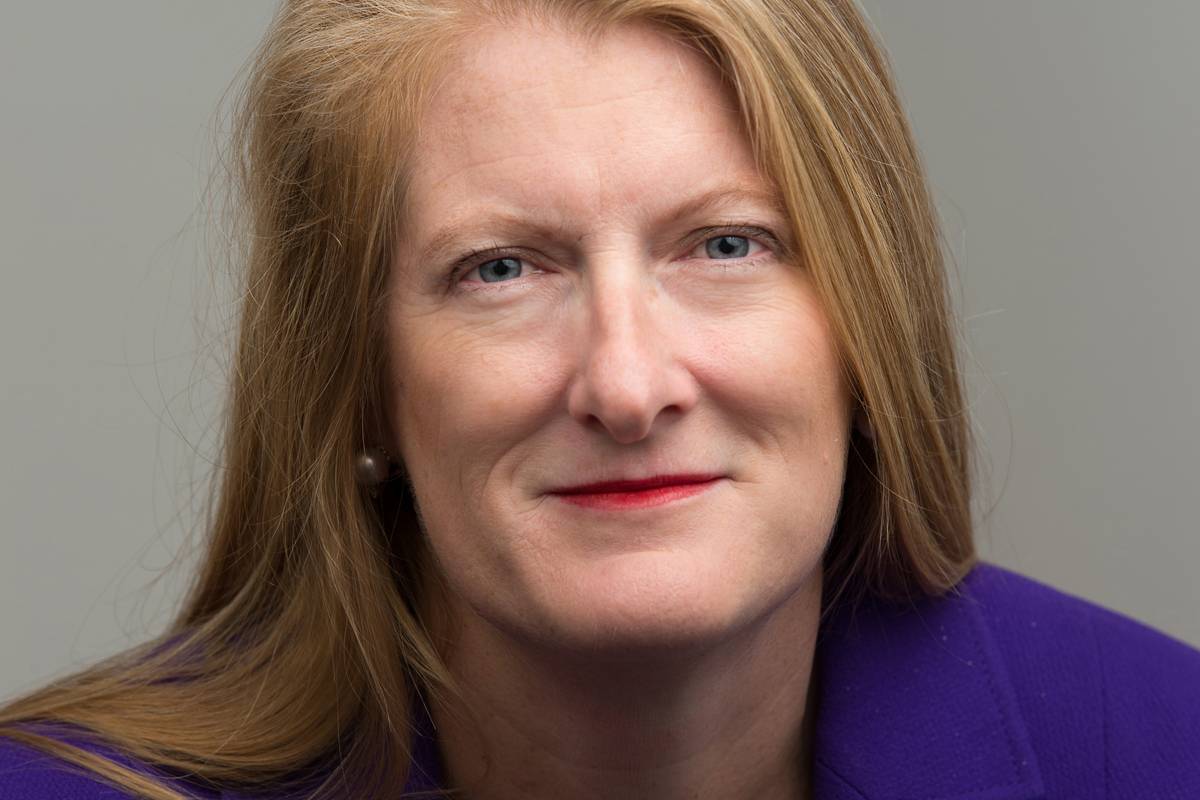Tips for Transforming Your Career, with Kate Grussing T’91
Best practices for professional growth.

After positions of increasing seniority at Morgan Stanley, McKinsey, and JPMorgan, Kate Grussing T’91 decided she wanted to transform her career by helping others transform theirs.
Drawing on her international experience in strategic consulting, corporate finance, and executive management, in 2005 Grussing founded Sapphire Partners (www.sapphirepartners.co.uk), a London-based executive search firm helping exceptional businesswomen and men attain their professional goals. “I’m proud to have built a business that punches above its weight and has helped spotlight the vast pipeline of high-potential, off-the-radar talent,” she says. “Never underestimate the impact that one voice—or one firm—can have.”
Know thyself. The decision to transform your career is very personal: some individuals want to keep going 100 miles per hour while others consciously want to take advantage of a plateau. You’ll need a combination of luck, good judgment, good advice, and balanced risk-taking. Your goal should be to find a role you fundamentally enjoy and are good at.
Benchmark. You can’t transform your career without external input. Take incoming headhunter calls, discover what the market compensation levels are for your skill set, and develop an understanding of what different avenues might be feasible based on where you are in your career or your company. You won’t get the full picture if you’re in a vacuum.
Establish your own independent board of directors. I recommend a combination of colleagues, business school classmates, and people you may have started your career with. One of my best advisers is a pioneering Tuck alum much wiser than me. Your boss and spouse have important perspectives, too, but it’s harder for them to be objective. I am also a big supporter of using an executive coach—a good one won’t tell you what to do, but will give you an unvarnished view of your strengths and weakness.
Don’t undersell your potential. Women, for example, can sometimes be too cautious in making a change and less confident than they should be in leveraging their network or applying for roles. Companies are working hard to do a better job of recruiting and retaining women, but women have to join the fray and put their head above the parapet: have a CV ready, create and update your LinkedIn profile, and network, network, network.
Be ambitious but realistic. Think of your career like sailing: you can tack from A to B to C to D, but it’s pretty exceptional for people to go directly from A to D. Set yourself up for a successful transformation by building your skills, your experience, and your client relationships. If a company’s offer seems too good to be true or too big a leap, weigh it carefully. After all, you—not the headhunter or recruiter or the company hiring you—are the one with the most at stake.
Not every transformation will be successful. Companies go bust, projects run out of funding, roles are over- or undersold—everyone is unlucky at times. The challenge is to learn from those hiccups. If you’ve transformed your career and you realize very quickly that it’s absolutely the wrong job, plan your next move thoughtfully. It’s not a good idea to stay somewhere you’re miserable, but remember: To get back on track, you’re going to have to understand and explain why you made a bad decision.
Don’t view your career as a sprint. It’s a marathon, so make the most of your talents and don’t take anything for granted. If you truly want to transform your career, seize the opportunities. Remember, very few individuals are fortunate enough to have things fall in their laps with no professional setbacks. You have to be resilient and persevere. Be the author of your own success.
You’re never too old or established to transform your career. No matter how difficult a transformation seems, if you want to make one, have confidence and the courage of your convictions. We’re all going to be working longer and there are a lot of careers today that didn’t even exist a few years ago. For someone with a strong MBA from somewhere like Tuck and sufficient prudence and networks, you have the tools. I’m a big believer in not having regrets—just make sure that any risks you take are calculated.